A near wholesale dependance on government contracts is perhaps the most salient feature of KZN-based VNA Consulting’s financial profile.
Bank records underpin just how reliant the firm is on public tenders. From January 2014 to September 2017, VNA Consulting received about R945-million in its main business account. Roughly R925-million of those funds, or nearly 98%, came from government departments and other public sector clients.
The bank records, obtained through ongoing defamation proceedings, also reveal VNA’s primary stomping grounds. Nearly 96% of the payments into the VNA account came from provincial departments in KZN and in the Free State.
The KZN department of transport, by far the firm’s biggest client, contributed R629.6-million to VNA’s coffers. Other significant clients were the Free State’s department of police, roads and transport (R183.4-million), KZN’s department of public works (R59.6-million), and the Free State’s department of human settlements (R31.2-million).
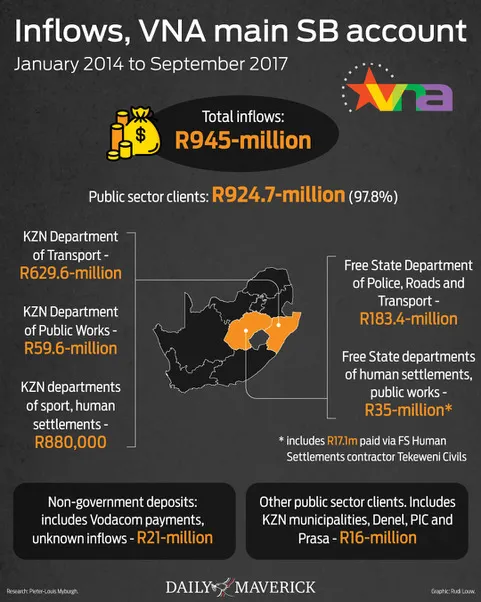
It is against this background that we now examine a series of donations that VNA made to the ANC in the corresponding period. We also reveal new details on payments that VNA made to a company owned by Ace Magashule’s son, Thato. At the time, Magashule senior was the Free State’s premier.
The transactions we’ve unearthed give rise to pressing questions. For starters, are VNA’s contributions to the governing party linked to its earnings in ANC-controlled domains? Also, do such donations go hand-in-hand with questionable transfers to politically connected individuals?
In a letter from the company’s lawyer, VNA strongly denied any impropriety.
“VNA refutes any suggestion or insinuation that any of the donations made by it were unlawful.”
The company also refuted any suggestion or insinuation that its donations were alleged kickbacks.
“VNA was lawfully entitled to make such donations,” stated the letter. “None of the said donations were concealed in any way.”
VNA added that its donations were all accounted for in the company’s annual financial statements.
Concerning VNA’s revenues, the company’s attorney stated: “VNA acknowledges that the principal source of its income from January 2014 to September 2017 was for work undertaken on behalf of the state. All such work was undertaken in terms of agreements that were lawfully concluded following open tender processes.” The full responses from VNA’s attorney can be accessed here. Those responses not relevant to this piece were blurred out.
Paying the party
Some of VNA’s donations to the ANC appear to be closely tied to payments the company received from government departments. In some instances, the company appeared to practically forward bits of its earnings from tenders to the governing party.
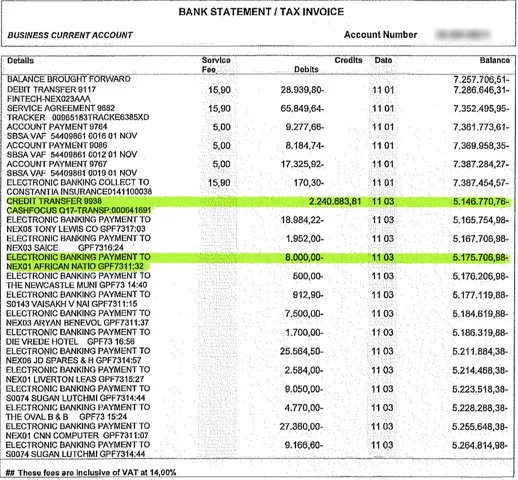
One of the first transactions VNA effected after a November 2014 payment from KZN’s transport department was a R8,000 donation to the ANC.
The donations we’ve scrutinised were paid between April 2014 and September 2017. VNA Consulting made 15 separate contributions to the governing party’s benefit. Most of these funds were paid directly into the party’s accounts. In one instance, VNA paid a private company for an ANC Youth League “breakfast meeting”.
VNA’s payments to the ANC, or to the party’s direct benefit, totalled nearly R5-million. This figure isn’t exactly eye-watering. But the quantum is not really the issue here. Our misgivings instead arise from the manner in which VNA passed on chunks of its earnings from government departments to the governing party. Add to the picture transfers to politically-connected individuals — as we’ll detail below — and the optics become all the more troubling.
Donations totalling R2.24-million were paid from VNA’s main Standard Bank account. The rest, nearly R2.5-million, were made from an FNB account VNA had opened in 2014.
We first focus on the Standard Bank account. This is the company’s main transacting account. Here, VNA received fees from government clients totalling nearly R1-billion.
The bank statements from June 2017 are a great place to start. They reflect how little time VNA had wasted in making large donations to the ANC after the company had received funds from government clients.
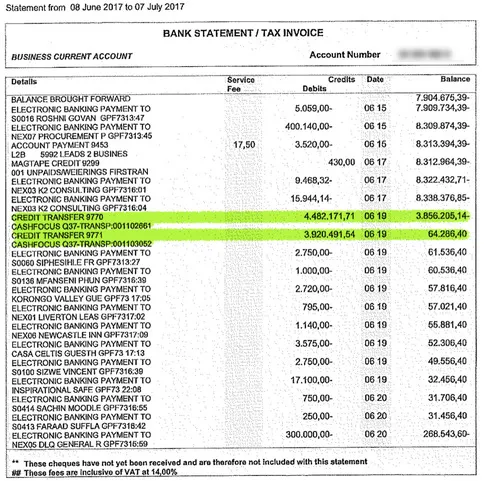
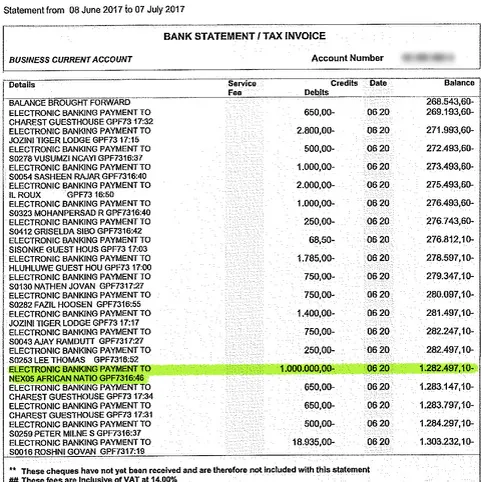
On the 19th of that month, VNA Consulting received in its main business account two payments totalling R8.3-million. The money had come from the KZN department of transport. The very next day, VNA transferred R1-million to the ANC. The only funds that had entered VNA’s account before the donation were those paid by the KZN department of transport.
A similar sequence of transactions occurred later that year, but this time it involved the Free State’s provincial government. On 5 September 2017, VNA received just under R366,000 from the Free State’s department of human settlements (FSHS). Two days later, the department paid VNA roughly R31,000. On the very day of the second deposit, VNA transferred R200,000 to the ANC Youth League.
Next, we scrutinise a series of transactions that saw VNA pay the ANC on the same day it received funds from the KZN provincial government.
On 30 April 2014, the KZN transport department paid R3.35-million into VNA’s business account. The bank statements don’t show us at what time the money arrived in VNA’s account. What they do reveal is that at 15:01 that same day, VNA transferred R500,000 to the ANC. The correlation between VNA’s payment from the provincial government and its donation to the governing party seems staggering.
What’s more, the donation was apparently made specifically to the ANC in KZN. Whoever made the payment from the VNA account entered “ANC KZN FUNDR” as a reference for the transaction. We couldn’t help but question the intent behind this donation. Did VNA, in effect, forward funds from the KZN provincial government to the ANC’s structures in that province?
In December 2015, VNA again transferred funds to the ANC, also shortly after the company had been paid by government. On 7 December, the Free State’s department of police, roads and transport paid R9.6-million into the VNA account. Three days later, VNA transferred R1-million to the ANC. Half of this donation was paid directly form the VNA’s Standard Bank account. The second R500,000 transfer came from VNA’s FNB account.
We put it to VNA that its donations were, in effect, public funds that it had forwarded to the ANC.
“Donations were made when sufficient funds were available therefor,” VNA said through its attorney.
The FNB account
Unlike the Standard Bank account, VNA’s FNB account received no deposits from government clients.
In fact, most of the monies that went into this account seemed to stem from a bit of work VNA did for Vodacom. The cellphone giant was one of the few — if not the only — private sector clients VNA had during this period.
We nevertheless found several instances where VNA transferred funds to the ANC shortly after it had received payments from government clients in its Standard Bank account.
For instance, on 15 December 2015, VNA received in its Standard Bank account a R10-million payment from the KZN department of transport. That same day, VNA made a R250,000 payment from its FNB account to the governing party’s benefit. The transaction reference was “Staff Vouchers – anc”.
Meanwhile, transactions from February 2016 reveal a possible link between a payment from the Free State provincial government and the ANC’s structures in that province. On 11 February, the Free State’s department of police, roads and transport paid R2.45-million into VNA’s FNB account. The next day, VNA deposited R172,000 into an ANC account, referencing the transaction as “ANC – Free State”.
VNA said it refuted any suggestion or insinuation that the above donation was meant as a gratification to the ANC in the Free State on the back of the payment from the provincial department.
Later that year, VNA again made a substantial donation to the ANC. The payment came hot on the heels of yet another large payment from a government department. On 4 July 2016, the KZN transport department paid R9.5-million into VNA’s Standard Bank account. The following day, VNA, from its FNB account, transferred R500,000 to the ANC. This transaction’s reference was “Donation-anc”.
Finally, on 22 February 2017, VNA received R3.3-million from the KZN transport department. As always, the money was paid into the company’s main Standard Bank account. The next day, R500,000 was paid from VNA’s FNB account to the ANC, with transaction references ‘Ancyl’ and ‘Anc Youth League’.
Of the 15 donations VNA had made to the ANC from the two bank accounts, nine were paid either on the same day or the day after VNA received funds from provincial government departments. Three donations were paid within three days of VNA receiving such funds. On two occasions, there was a lull of five days. Only once did more than a week lapse between such inflows and outflows. On average, VNA transferred funds to the ANC within two and a half days of receiving payments from its public sector clients.

Thato Magashule
While scouring VNA’s bank statements for donations to the ANC, we noticed that Narsai’s company had transferred funds to a company called Marvel Deeds. The name immediately rang a bell. In 2020, we revealed that Marvel Deeds was owned by Ace Magashule’s son, Thato, and that the company had received Covid-19 contracts from the Free State provincial government.
What the bank records now revealed was that VNA had transferred nearly R1.2-million to Marvel Deeds. This was done in eight tranches, paid between September 2016 and March 2017. The round-figure transfers ranged in value from R50,000 to R300,000.
It should be obvious why these transfers warrant suspicion.
During that timeframe, Thato’s father was still very much in control of the provincial government. What’s more, in the corresponding period, VNA had received roughly R45-million in fees from provincial departments in the Free State. Were VNA’s payments to Marvel Deeds perhaps tied to the contracts the company had clinched in a Magashule-controlled Free State?
VNA rejected the suggestion.
“Marvel Deeds was lawfully appointed to undertake and execute certain building construction work concerning a private development on behalf of VNA, and were remunerated therefor,” stated the company’s attorney.
It added: “The relevant contract and invoices evidencing the work undertaken and payments effected are all available for inspection. The contract and payments had nothing to do with Mr Ace Magashule, the former Premier of the Free State Province. The payments were certainly not a ‘kickback’ or ‘illicit gratification’.”
We hoped to speak to Thato Magashule to hear more about his work for VNA, but he could not be reached for comment. He did not respond to multiple text messages seeking his comment.
Cash for Zuma foundation
Our doubts about the so-called construction project are not without merit.
The transfers to Thato Magashule’s company marks the second known instance where VNA paid monies to the son of a prominent political figure. In both instances, the payments were supposedly related to a private development.
This journalist’s book, Gangster State, unpacked a R2-million payment VNA had made in 2015 to a company owned by Dudu Myeni’s son, Thalente. Narsai and VNA Consulting subsequently sued the author and the book’s publisher, Penguin Random House. The case is ongoing.
The Zondo Commission would later hear startling testimony regarding events that transpired after VNA had paid Premier Attraction. The commission ultimately found that the funds had ended up in the Jacob G Zuma Foundation’s bank account.
Thalenti Myeni’s company, Premier Attraction, received the R2-million from VNA in June 2015. Four months later, Premier Attraction transferred R1-million to a company called Isibonelo Construction. Premier Attraction also paid R1.15-million to Isibonelo in December 2015. On the very day of the latter transfer, Isibonelo paid R1-million to the Jacob G Zuma Foundation.
In February 2016, Isobonelo paid a further R800,000 to Zuma’s foundation, also shortly after it had received funds from Thalente Myeni’s company.
A protected witness, “Mr X”, described to the commission how he’d been instructed by Dudu Myeni to make the transfers from Isibonelo’s account.
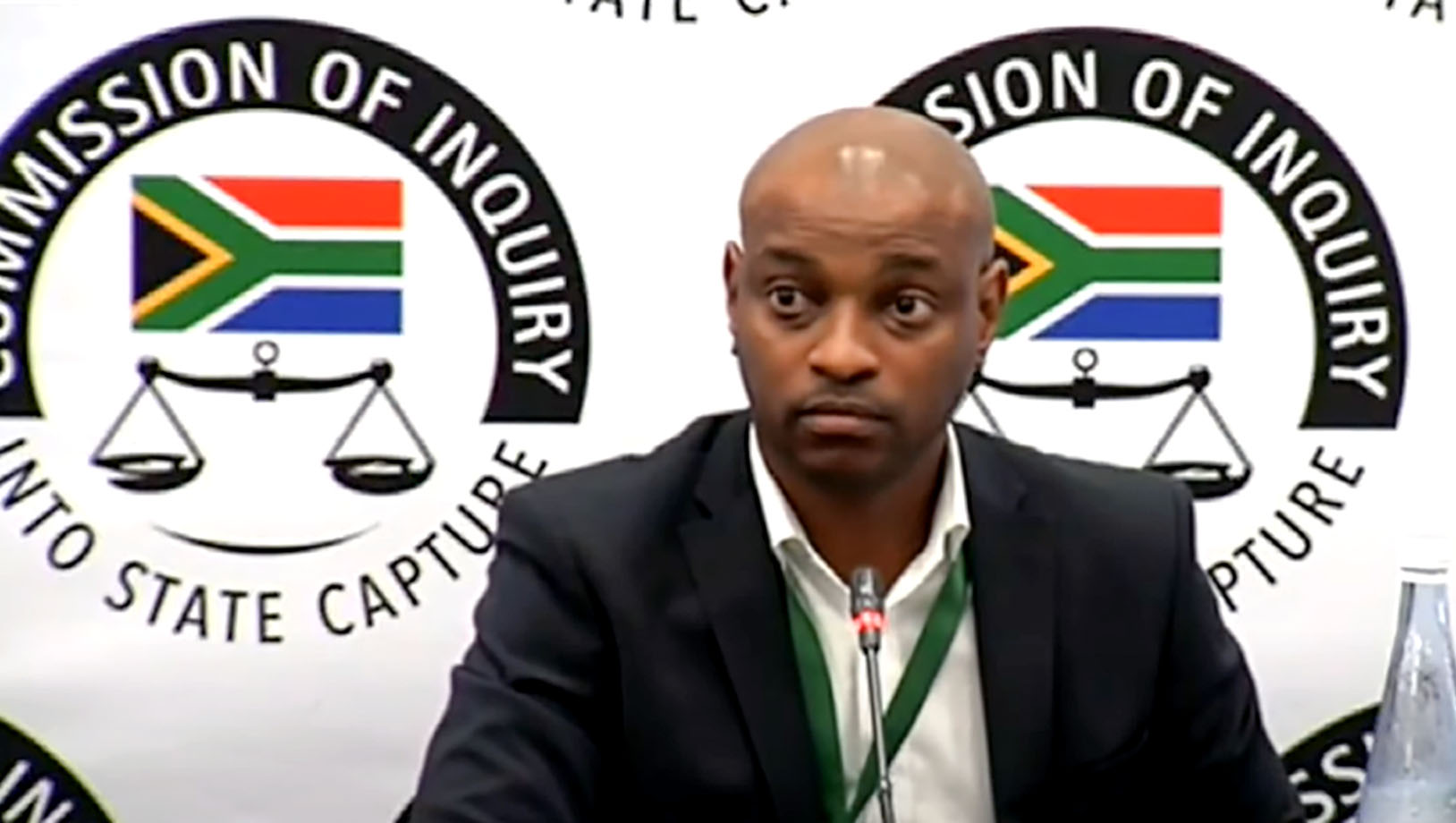
Thalente Myeni testifying at the Zondo Commission. (Screengrab: YouTube)
In the end, the commission rejected Thalente Myeni’s story about the supposed work he’d done for VNA.
“Mr Myeni’s claims that these were all legitimate business dealings cannot be accepted as correct. He was extremely vague in his testimony about the work with VNA Consulting. He did not know how many people worked on the ‘project’. He could not recall the names of the people at VNA Consulting with whom they had worked. He said that there was no method by which they would account for the work done and he was unable to provide any details of the precise work that would earn his company R2 million.”
The commission’s report also states: “The evidence that was presented at the Commission indicates that the dealings between VNA Consulting, Premier Attraction (Mr Thalente Myeni’s business), Mr X’s business, Ms Duduzile Myeni, and the Jacob Zuma Foundation were not arms-length business dealings.”
Despite the commission’s findings, VNA and Narsai insisted that there had been a lawful contract between VNA and Myeni’s company.
VNA’s version of events is thus: Myeni’s Premier Attraction had been contracted to provide certain services to a private developer for a housing project in Mpumalanga. VNA then took over the contract from Premier Attraction.
“VNA agreed to compensate Premier in an amount of R2-million for the work they had completed as at the date of the takeover on the basis that VNA would recover the said amount from the developer when funding was secured,” reads the letter from VNA’s attorney. And: “A full disclosure with the relevant documents in this regard was made to the State Capture Commission.”
However, none of the documents VNA submitted proved that Premier Attraction had done any work on a private development.
While VNA and Narsai at least submitted some documents, Myeni failed to provide any records for his supposed role in the project. This prompted the commission to take a very dim view of the dealings between VNA and Premier Attraction.
“The Commission has seen a number of instances of this type of alleged ‘business dealings’ during the course of its hearings,” reads the Zondo Commission’s final report.
“Witnesses would come before the Commission and claim that there were genuine business relationships between various parties but then could not ever produce a contemporaneous document to corroborate their version. The absence of contemporaneous documents is a compelling indicator that no genuine business relationship existed.
“This is because, in the ordinary course, genuine business relationship produce records – records of emails between the parties, records of work done, progress records on performance, and records of interactions and conversations. The absence of records, together with an inadequate explanation for their non-existence, means that the relationships were probably not genuine ones.” DM
Read more in Daily Maverick: Party to the Plunder? Tshwane bus project, Prasa trains deal behind R10m ANC donation
Read more in Daily Maverick: ‘Lift the cap’ – Tshwane transport tender ballooned from R88m to nearly R800m
Read more in Daily Maverick: Party to the Plunder? Transparency is needed on ANC’s tender-linked fundraising machinery
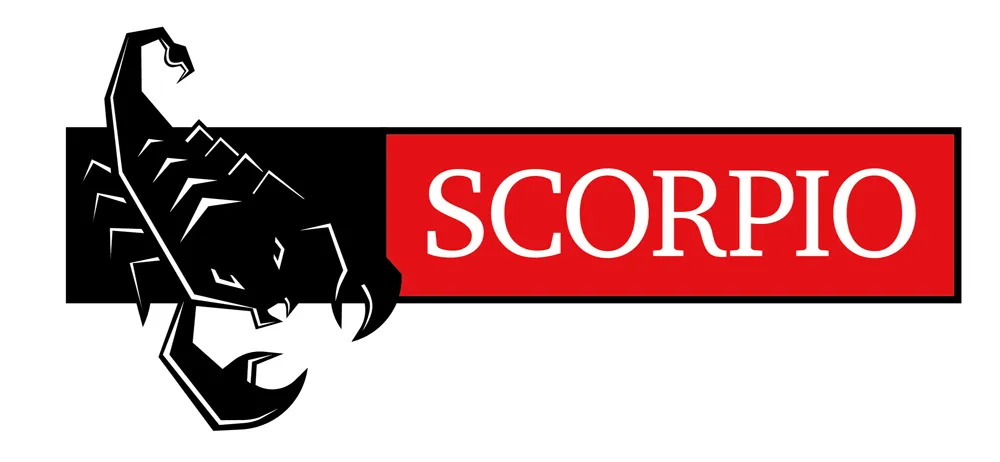





 Share
Share






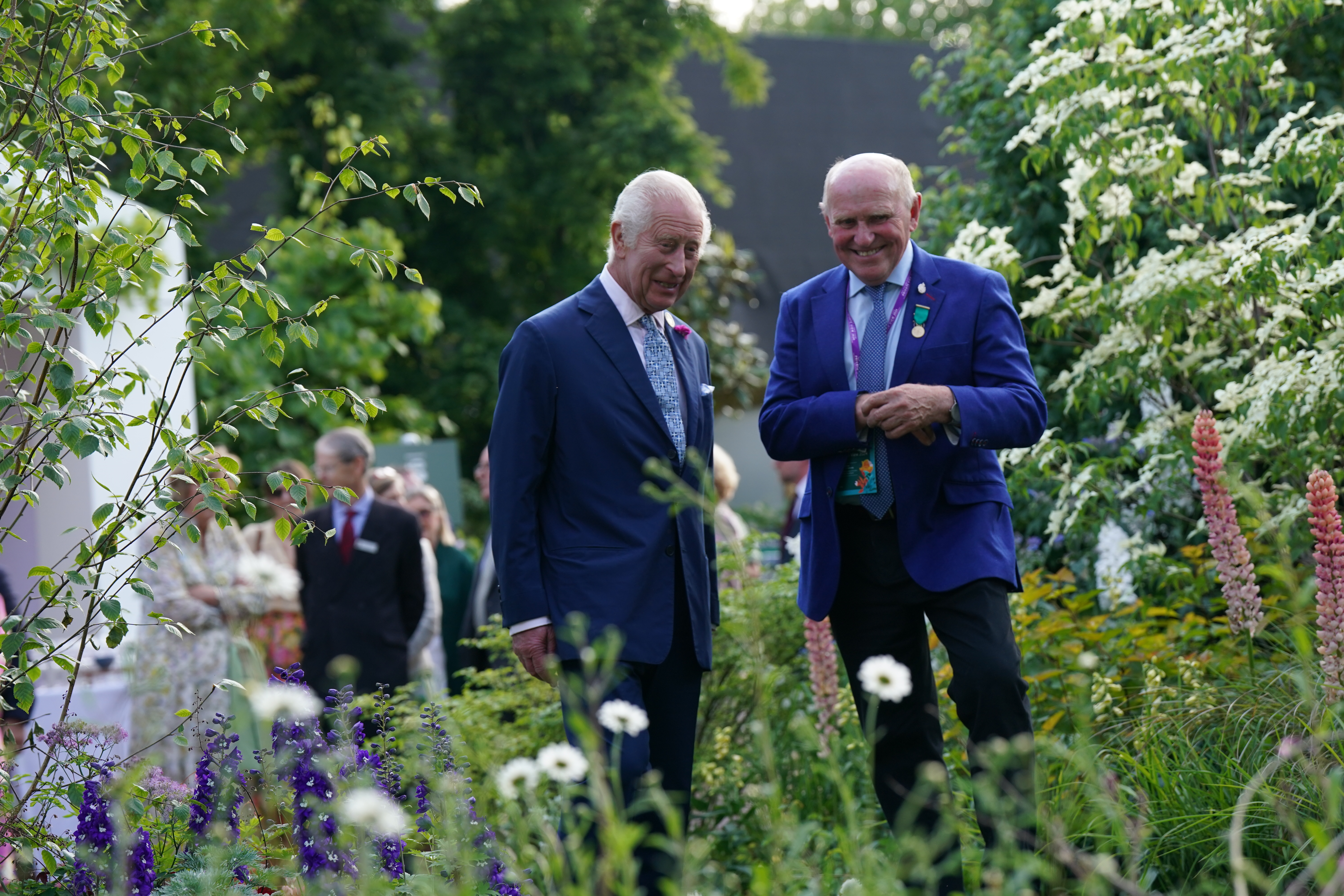
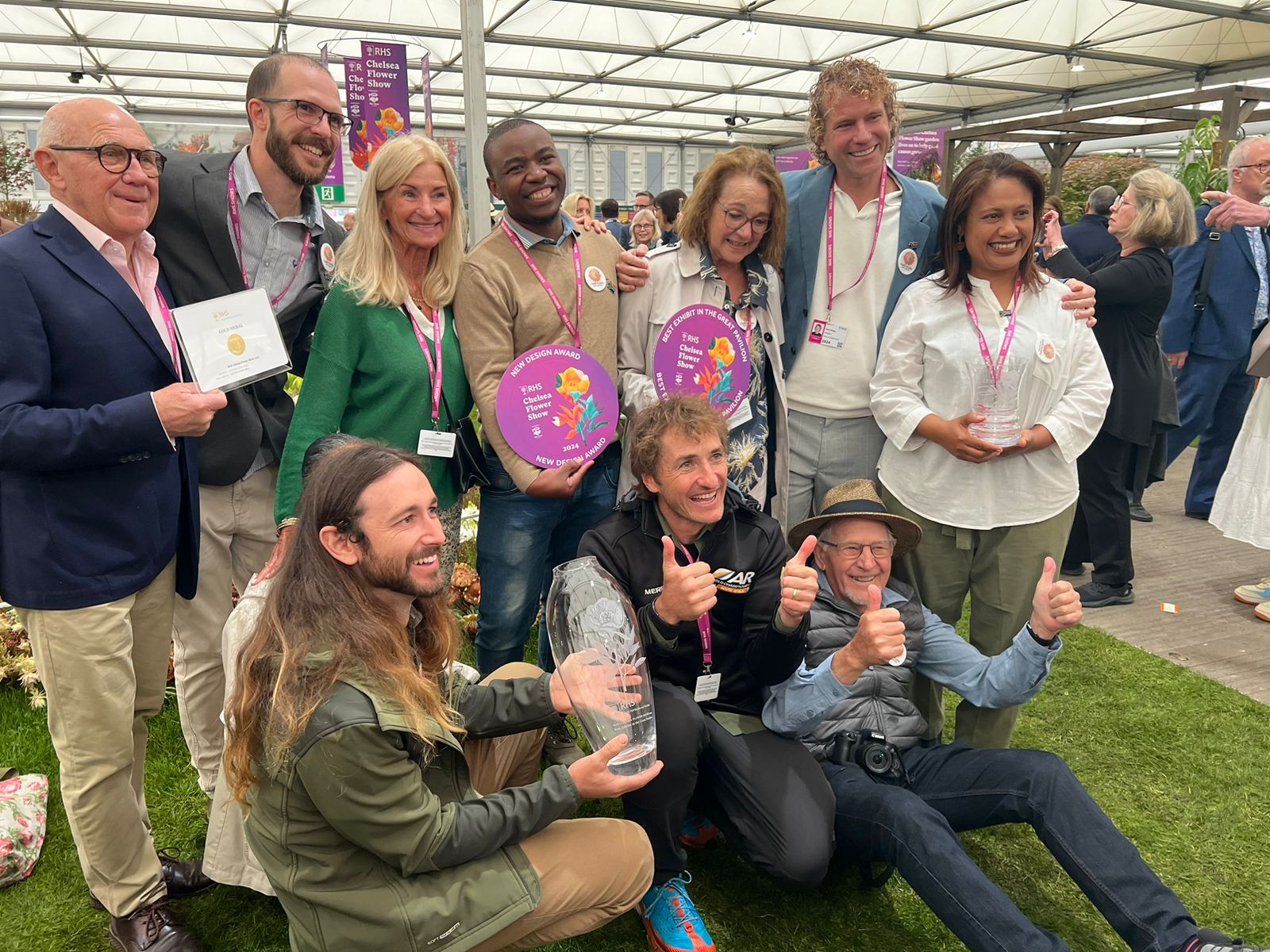
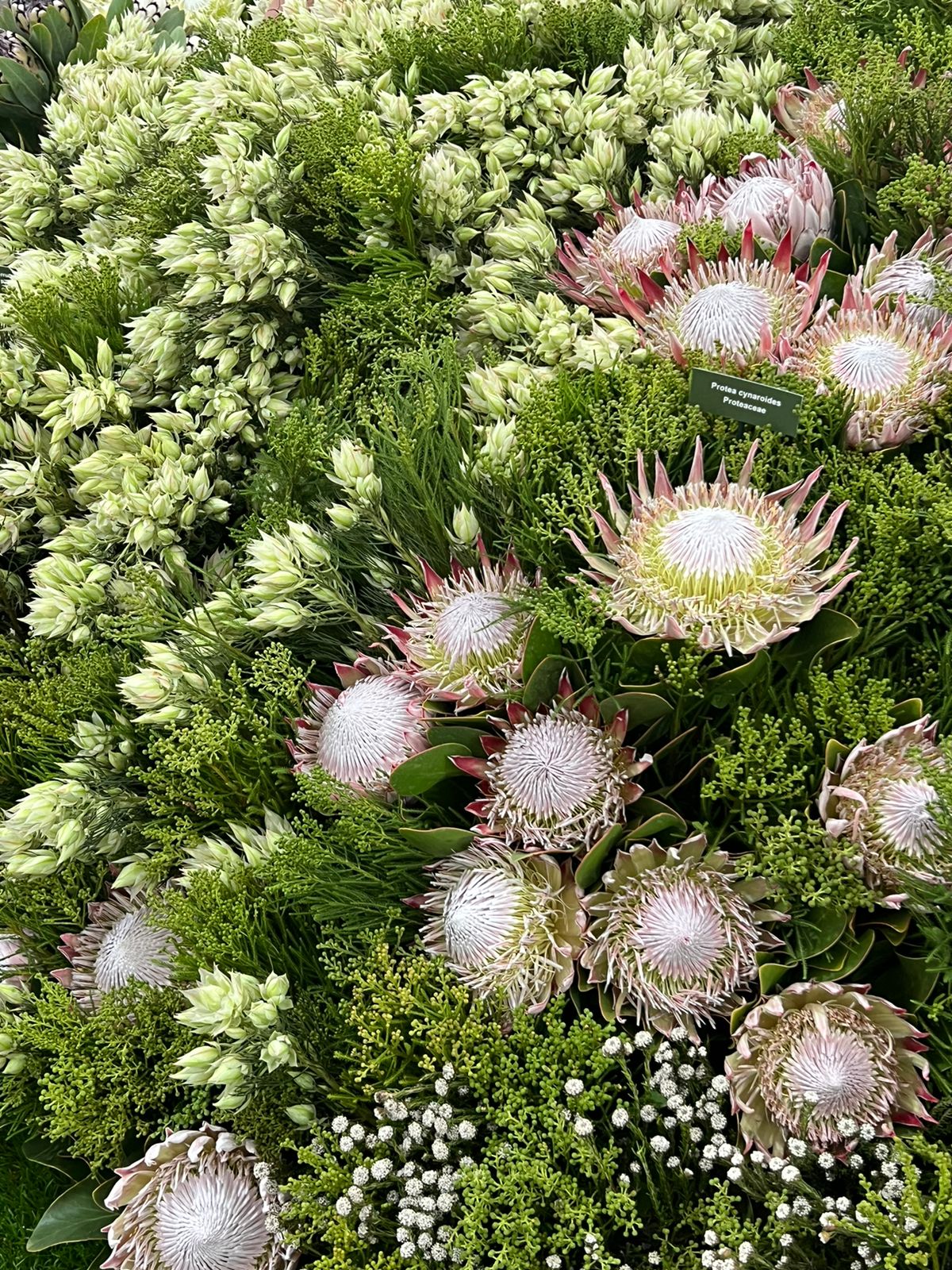
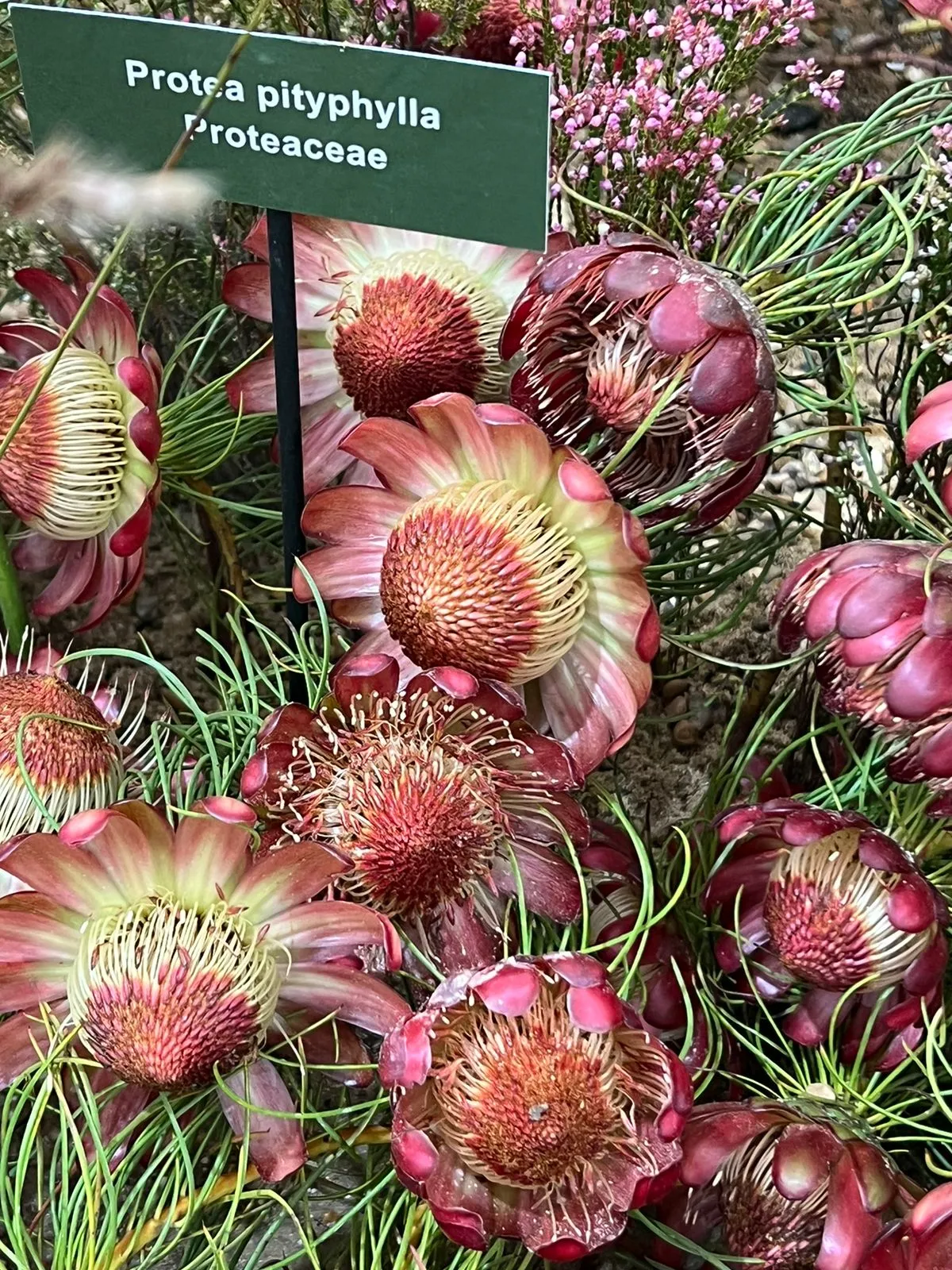
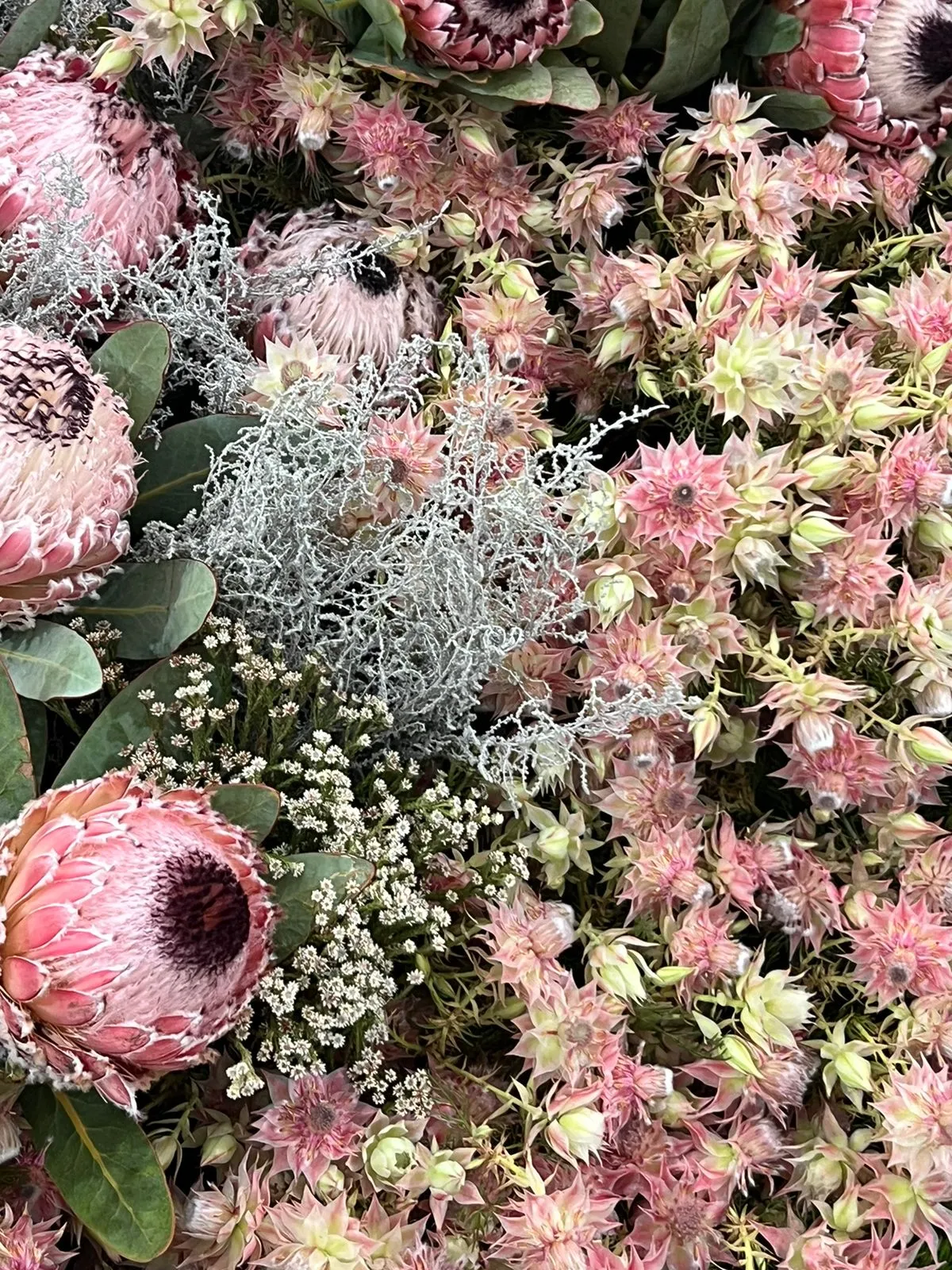
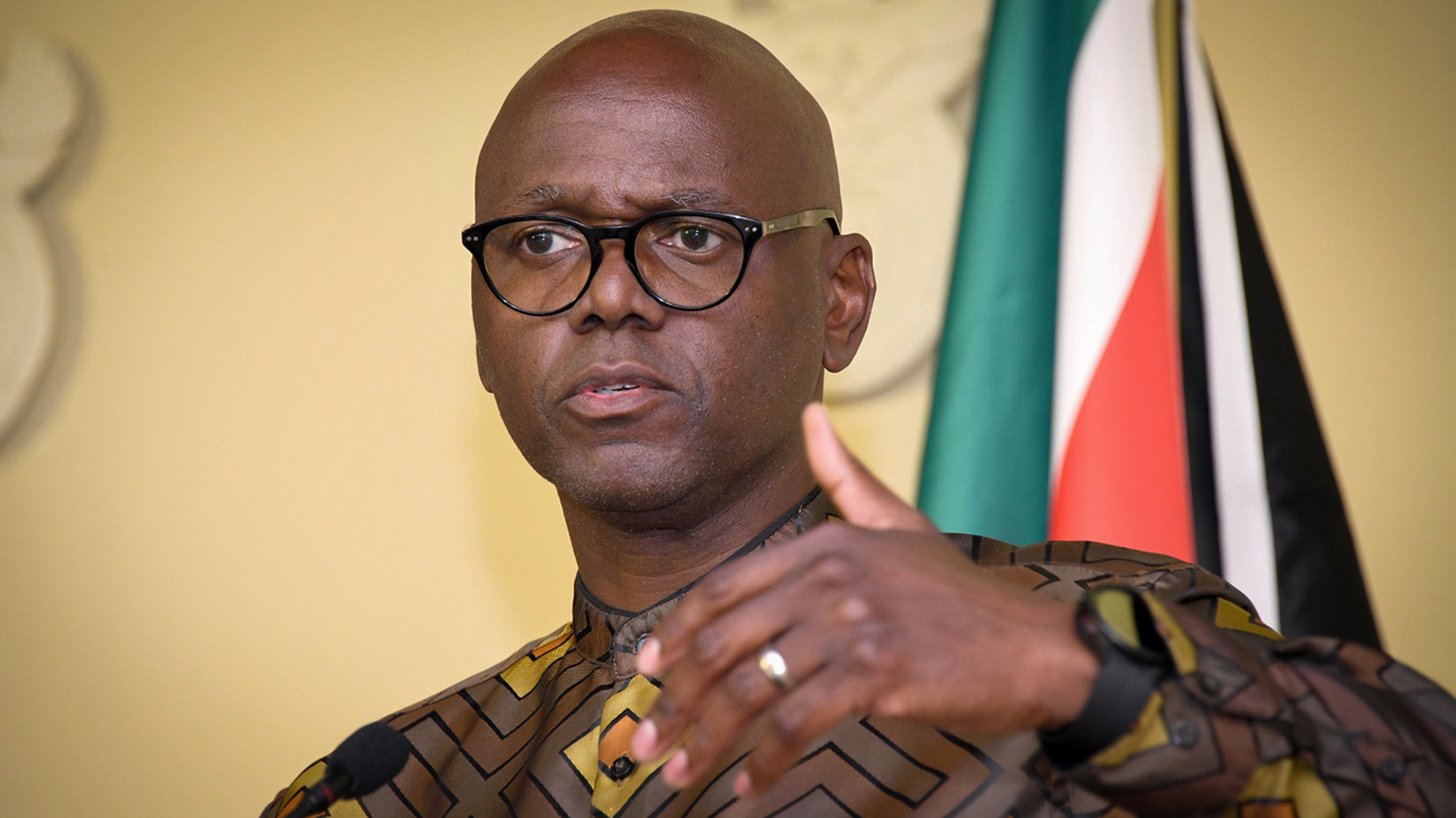
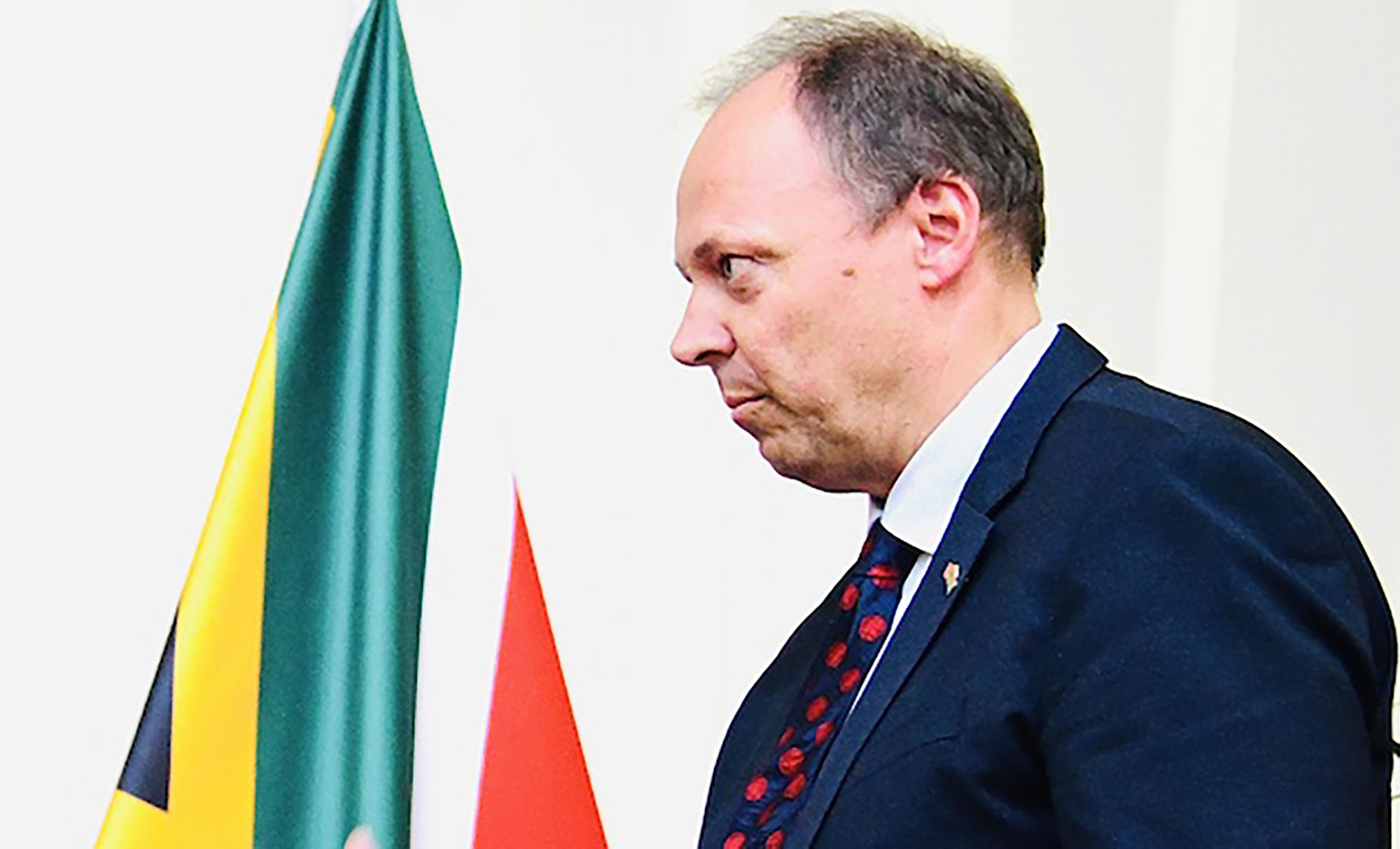
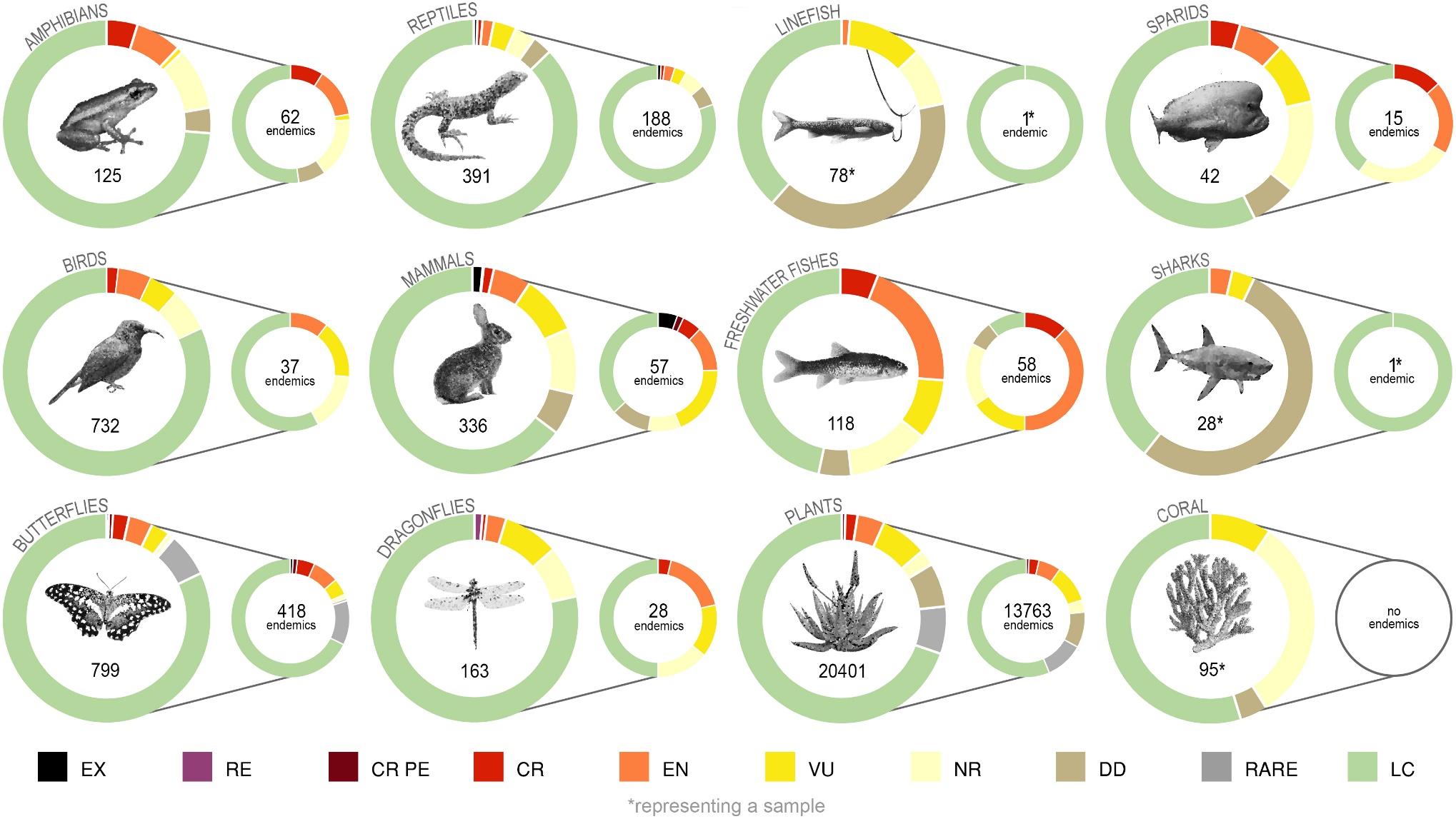
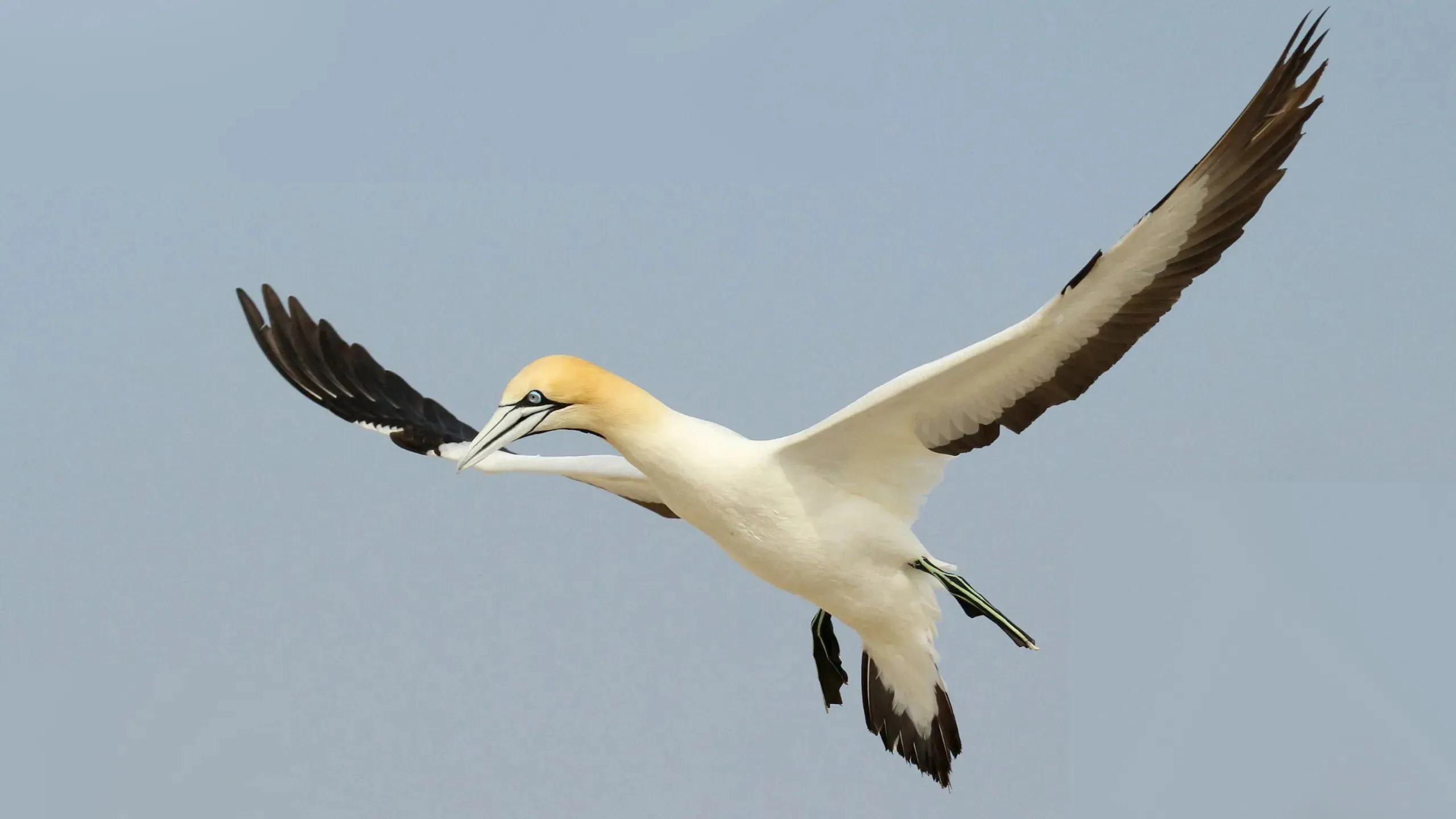
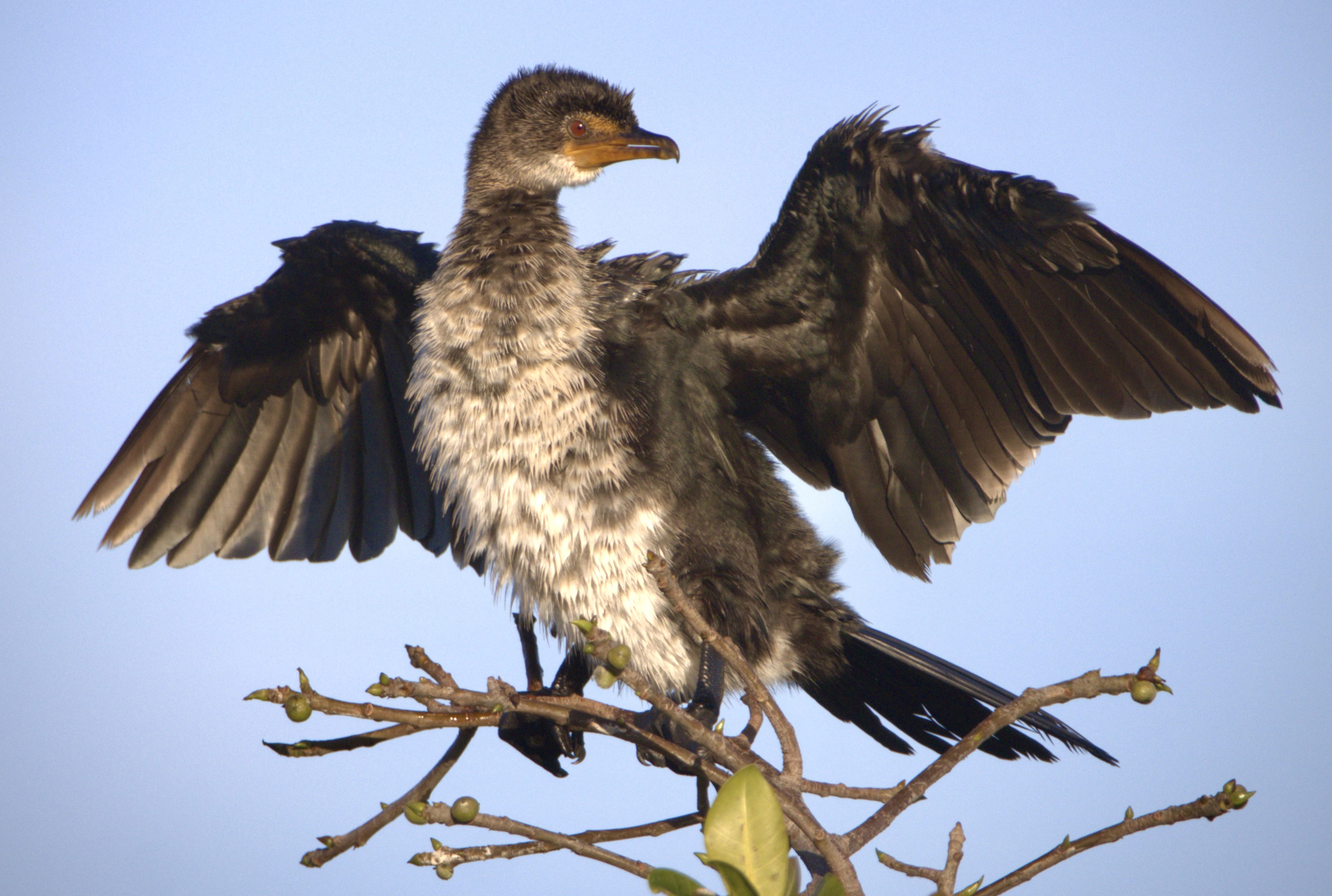


This guy is a well known racist extremist with links to Islamic terror training camps in South Africa
This guy is a week known racist extremist who also runs Islamic terror camps in South Africa.
Religion and Politics – a deadly combination in most parts of the world!
Hi curios to read why he was rebuked for praying.
Al who?
Imagine living in a world where a man appealing to a higher power is forced to apologise for his prayer because they run contra to someone else’s political aspirations.